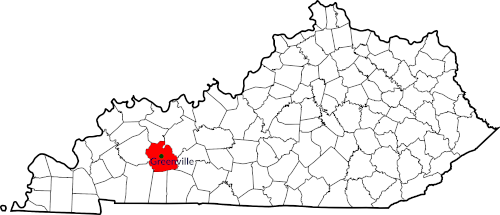
Getting Back to Nature™ @ Martin Acres
In March 2013, when twin brothers, Obiora and Irucka Ajani Embry, visited, for the first time, the two acres (now called Getting Back to Nature™ @ Martin Acres) they had requested for growing food on their eighth‐generation, black‐owned family farm, Martin Acres, they knew it would be an up‐hill battle because the soil was not fertile. Through Obiora’s reading of The Holistic Orchard: Tree Fruits and Berries the Biological Way by Michael Phillips, he knew that trees thrive in an alkaline (fungal dominant) soil; however, there were tell‐tale signs that the soil was acidic (bacterial dominant). This led Obiora and Irucka to utilize their previous experiences with growing food & information they gleaned from elders, books, conferences, and other resources to start improving the soil. Due to their family’s rich legacy and because of their non‐standard way of regenerating soil and growing food, they were interviewed in May 2020 for an article in the Middle Tennessee Local Table Magazine’s 2020 Annual Guide.
Their initial idea of planting heirloom trees and perennials paid off, even though the soil was too depleted for their survival, as the series of unfortunate events made their commitment to Getting Back to Nature™ stronger. The brothers had to re‐evaluate their approach and began to dig deeper into forgotten "southern foods." This is food that was (and is hopefully still) eaten by the original inhabitants who lived in the area. However, partly due to a planned disconnect of humans from Nature and the growing and/or foraging of food, our collective food intelligence has dwindled. Thus Irucka and Obiora have been re‐learning about these and other forgotten foods. Obiora and Irucka grew diverse native plants in the early years, and with the help of a now deceased cousin, Kevin C. Martin, they started to realize that some of the purchased plants were already growing at Martin Acres!
Along with the native perennials growing on their two acres, the twins sow heirloom annuals and forage wild plants to use in their diverse value‐added products. Through their similar but different agricultural practices they have been transforming the once fallow grazing land into a food ecosystem. Obiora and Irucka do NOT irrigate, but try to put plants where they would be found in Nature. By growing in this manner and by continuing to create healthy soil, even when there is a drought, the plants are often resilient.
In 2018, Obiora stopped talkin’ about it and started making artisanal products to sell. He tired of going to grocery stores and reading the long ingredient list of "simple" products, and wanted to become the change that he sought.
- Home
- Our Story
- About Martin Acres
- Our Background and History
- About Us
- Our Highlights: 2019‐Present
- Featured in "Martin Acres is the Place to Be"—Middle Tennessee Local Table Magazine’s 2020 Annual Guide, "I’m a conscious consumer, are you?, & Heritage Food Festival showcases climate‐smart food preparation
- Irucka Ajani Embry
- Obiora Embry
- Events
- Workshops
- Products
- Contact Us
- Privacy
- Indigenous Land Acknowledgement
- Email Address:
- Mailing Address:

Rooted in love for family and Nature, we take pride in processing food slowly and creating products for you with love.
Vision
Our vision is to regenerate and heal neglected land, create a diverse and vibrant food ecosystem, develop unique value added products, and inspire others to get back to Nature.

Aerial Images Acknowledgement
ArcGIS REST Services Directory: World_Imagery (MapServer)
ArcGIS REST Services Directory: Layer: Citations (ID: 4)
Copyright Text: Sources: Esri, DigitalGlobe, GeoEye, Earthstar Geographics, CNES/Airbus DS, USDA, USGS, AeroGRID, IGN, and the GIS User Community